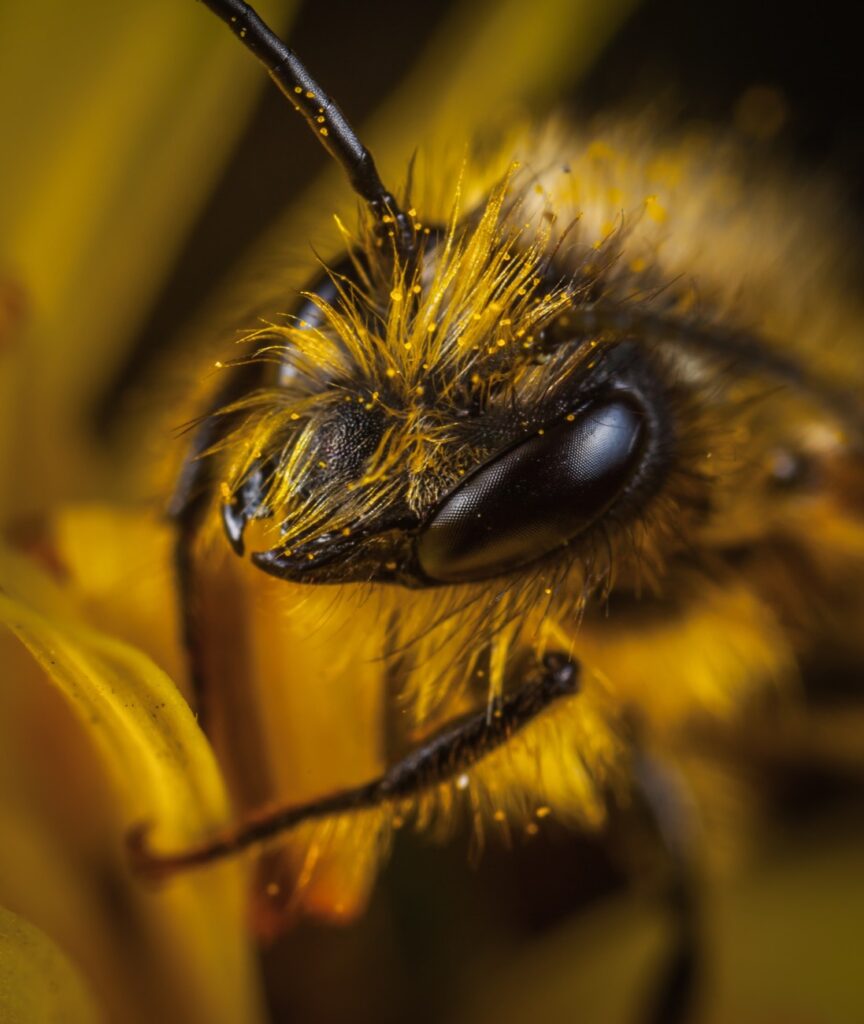Honeybee venom can kill breast cancer cells in the laboratory, according to “incredibly exciting” research.
Scientists found honeybee venom rapidly destroyed triple-negative and HER2-enriched breast cancer cells; the former of which is notoriously difficult to treat.
And a specific concentration of the venom led to 100% cancer cell death, while having “minimal effects” on healthy tissue, according to them.
Honeybee venom contains a compound called melittin, which can “destroy cancer cell membranes within 60 minutes” by interfering with pathways the malignant tissue uses to replicate.
The poisonous substance’s potential for treating the disease was first report in a 1950 edition of the journal Nature, with scientists demonstrating venom reduced tumour growth in patients.
“This is an incredibly exciting observation that melittin, a major component of honeybee venom, can suppress the growth of deadly breast cancer cells, particularly triple-negative breast cancer,” said lead author Dr Ciara Duffy.
“Significantly, this study demonstrates how melittin interferes with signalling pathways within breast cancer cells to reduce cell replication.
“It provides another wonderful example of where compounds in nature can be used to treat human diseases.”

One in seven women in the UK, will statistically develop breast cancer at some point in their life.
Treatment options vary depending on the cells affected and the aggressiveness of the disease.
Triple-negative breast cancer cells do not express receptors for the hormones oestrogen or progesterone, or the Her2 protein.
Lacking these receptors means certain treatments, like hormone therapy, are ineffective.
To better understand the potential of venom in treating breast cancer, the scientists collected the poisonous substance from 312 honeybees and bumblebees.
“No one had previously compared the effects of honeybee venom or melittin across all of the different subtypes of breast cancer and normal cells,” said Dr Duffy.
“We tested honeybee venom on normal breast cells and cells from the clinical subtypes of breast cancer: hormone receptor positive, HER2-enriched and triple-negative breast cancer.
“We tested a very small, positively charged peptide in honeybee venom called melittin, which we could reproduce synthetically, and found the synthetic product mirrored the majority of the anti-cancer effects of honeybee venom.”
Results, published in the journal NJP Nature Precision Oncology, revealed honeybee venom rapidly destroyed triple-negative and HER2-enriched breast cancer cells.
The bumblebee venom did not induce cell death, even at very high concentrations.
“We found honeybee venom and melittin significantly, selectively and rapidly reduced the viability of triple-negative breast cancer and HER2-enriched breast cancer cells,” said Dr Duffy.
“The venom was extremely potent. We found melittin can completely destroy cancer cell membranes within 60 minutes.”
The scientists also discovered that within just 20 minutes, melittin reduced the chemical messages sent within cancer cells, which are essential for their growth and division.
The compound could also be given alongside existing chemotherapy drugs, according to the scientists.















